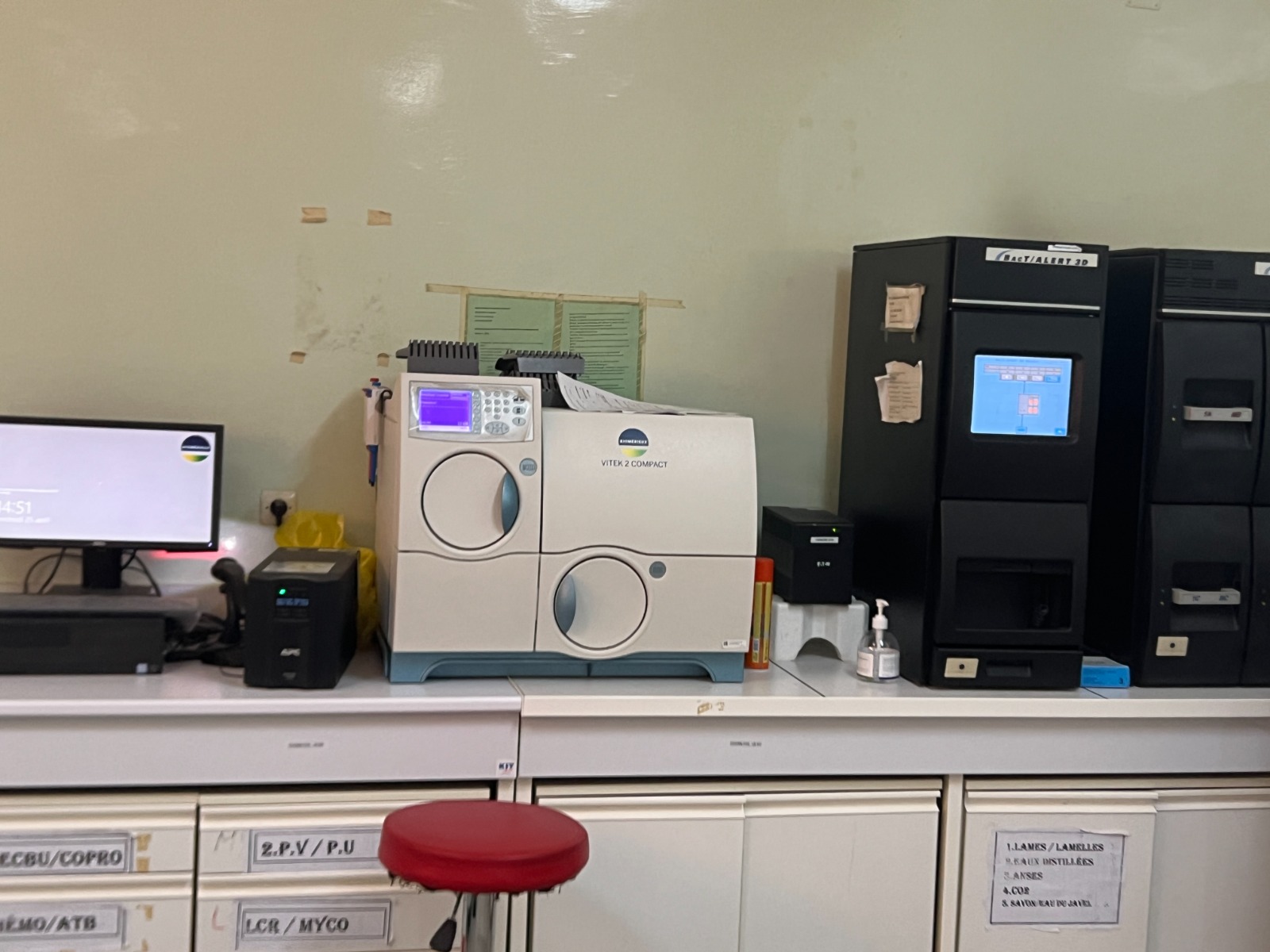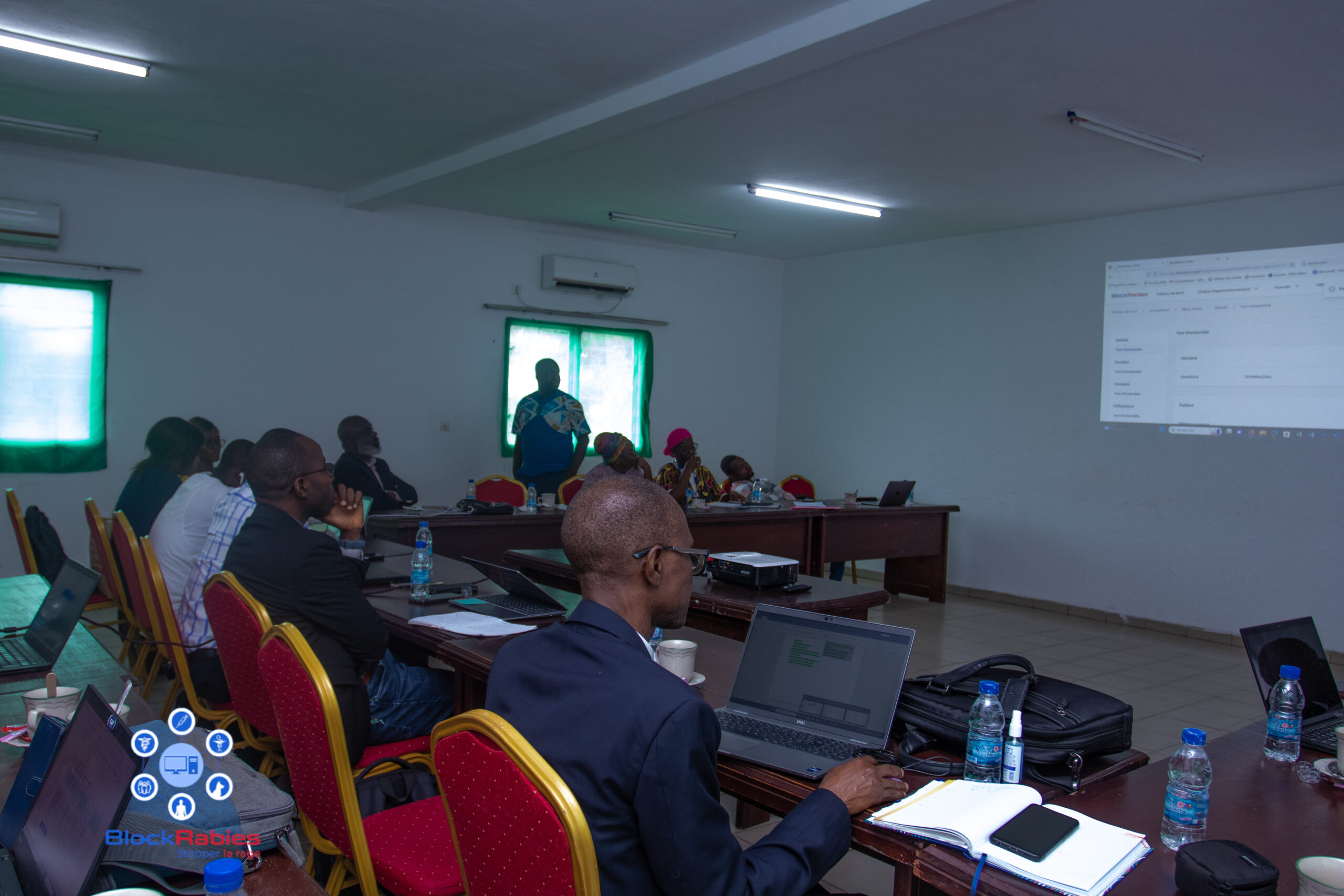Meningitis is a global public health concern and in particular in Chad. The country is in the African meningitis belt, an area where meningitis epidemics are quite common. In 2024, le Centre Suisse de Recherches Scientifiques en Côte d’Ivoire (CSRS) with the support of the Meningitis Research Foundation (MRF) and the Wellcome Trust, carried out a study aimed at taking stock of Chad’s genomic surveillance capacities, identifying existing gaps and proposing recommendations to guide public health decisions.
“Genomic surveillance is the genetic analysis of the bacteria that cause meningitis. It is mentioned as a key pillar of the World Health Organization’s (WHO) roadmap to defeat meningitis by 2030. The study we have carried out is precisely in line with this roadmap. For us, it was a question of defining the capacities, strengths and weaknesses that will allow the implementation of genomic surveillance of meningitis. Dr. Kanny Diallo, Associate Researcher at the CSRS and Principal Investigator of the study on the Situational Analysis of the Value Chain for Genomic Surveillance of Meningitis in Chad.
The results of the study were presented during a restitution workshop held on April 24, 2025 in N’Djamena, the capital of Chad, in the presence of the Deputy Secretary General of the Chadian Ministry of Public Health and Prevention, Dr. Mahamat Hamid Ahmat. He stressed the importance of the data collected as part of the study and expressed his belief that the work that will result from the restitution workshop will contribute significantly to the fight against meningitis.
About thirty people from Chadian health institutions including laboratories, hospitals, research institutes and Non-Governmental Organizations (NGOs) participated in the workshop. Divided into three focus groups (doctors, decision-makers and laboratory technicians), they reviewed the results of the study, made observations and recommendations to improve the value chain (the steps from sample collection to analysis) for genomic surveillance in Chad.
For technical and material capacity building
The results of the study and the discussions that followed their presentations point to a need for capacity building in terms of equipment but also in terms of skills for health professionals.
“Specific training in the sequencing of meningitis bacteria but also retraining of the actors who are at all stages of the chain, from sample collection to sequencing, is necessary to be able to optimize this genomic surveillance,” says Dr. Kanny Diallo.
For Dr. Kadidia Gamougam, Focal Point for Meningitis Surveillance at the Chadian Ministry of Health. “The study carried out highlights laboratories in Chad that have the capacity to do genomic analysis. If these laboratories have what they need, they can do the work on site. This reduces time and allows very quick decisions to be made for meningitis monitoring. All this can contribute to the achievement of the goal of defeating meningitis in Chad by 2030. »
Another challenge to be met among many others is that of “transporting samples from district hospitals to the national reference laboratory”, as indicated by Dr. Djimtebaye Djimtola, Doctor in office at the Directorate for the Fight and Epidemiological Surveillance of Vaccine-Preventable Diseases.








